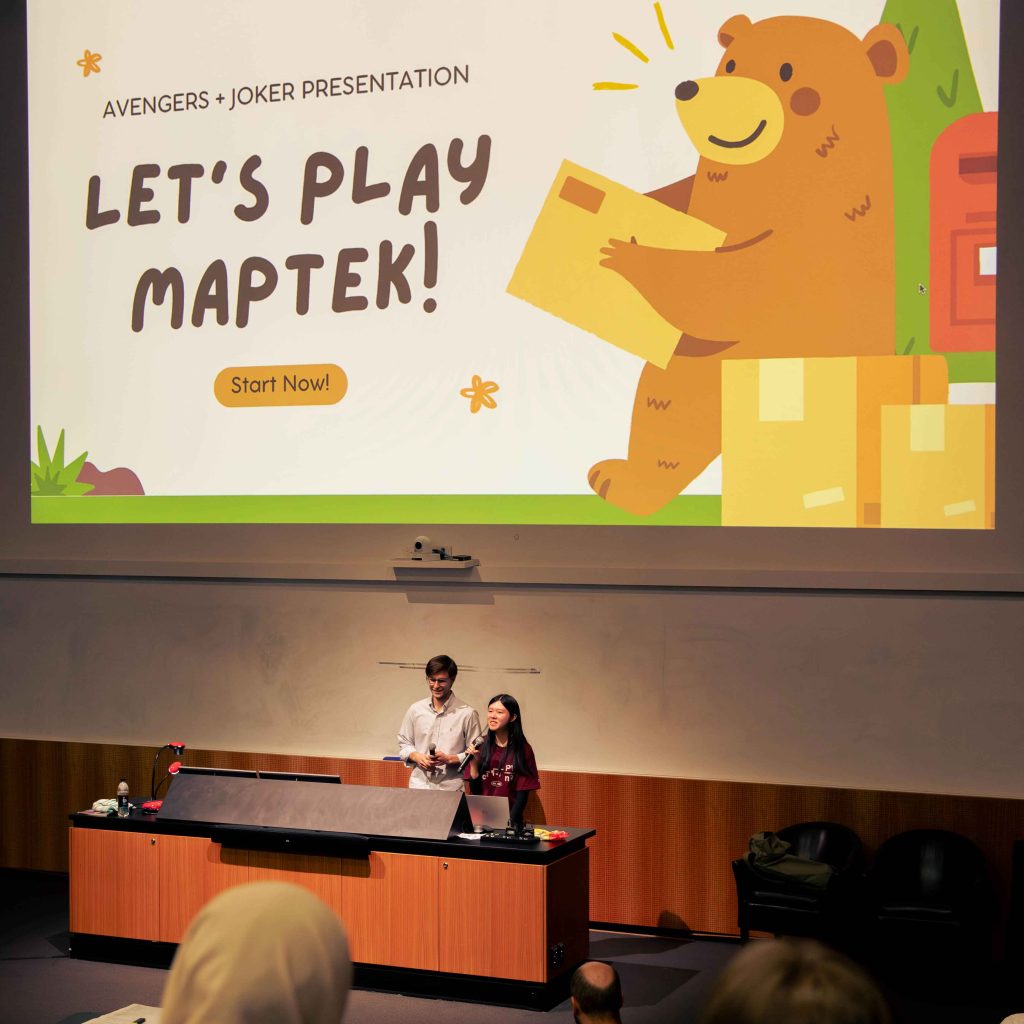December 2023 Issue Index
Software engineers meet the world
Maptek has collaborated with the University of Adelaide to connect students with industry experience within the classroom.
Maptek has collaborated with the University of Adelaide to connect students with industry experience within the classroom.
An ongoing relationship between the University of Adelaide and Maptek has spawned a successful collaboration for industry, leading to a new Software Engineering in Industry course.
During 2023, third-year software engineering students heard from industry experts. Topics covered software process, modern architectures, teams and leadership, and reflected the personal experience of the software professionals.
‘We were thrilled when the University determined that a subject run exclusively by industry partners would yield ‘real-world’ lessons for students without having to leave the classroom. From this, Software Engineering in Industry was born,’ said Global Development Strategy Manager, Will Reid.
This connection allows students to see how their studies will translate into the day-to-day experience of a professional career.
‘We hope students graduate with a sense of what their first days will be like once they enter the workforce. Ultimately, we’re sending them out better prepared to make a difference!’ Reid said.
Real-world projects
Reid and Head of Experimentation and Technology, Simon Ratcliffe also mentored students in client-facing projects for the Software Engineer Project course. Their gamified design and implementation challenge for block model compression quickly attracted high interest, chosen by 130 out of 450 students. The 12 teams were expanded to 16 after the first spots filled in 20 minutes!
Teams were required to develop and upload an .exe file or a Python script to a verification service on a web site. The program had to take uncompressed data on standard input and produce compressed output data with no loss.

Projects were judged on processing and compression performance. Teams could enter as many times as they wished to enable experimentation with different techniques without losing their place on the leaderboard.
Almost 3000 tests were submitted, which is the equivalent of almost 30 days of continuous testing.
Throughout the competition, Maptek and post-doctoral students hosted ‘client meetings’ to encourage teams to promote effective presentation skills.Maptek then invited several teams to pitch their ideas, followed by networking where informal awards were made to teams and individuals.
Five excellent presentations were delivered, with questions flying between rivals once their secrets were shared. Maptek supported the competition infrastructure for a week after results were announced, allowing teams to experiment further.
‘After several days, one team shared statistics showing that combining their best method with that from another could further build on one of the compression records set,’ Ratcliffe said.
The Maptek approach enhances the development of coding skills alongside individual and team work. While the projects are formally assessed and contribute to grades, undergraduates also learn important lessons from working on projects that deliver client-facing results.
Industry upskilling and talent development are the ultimate benefits of Maptek’s close collaboration with universities.
- Industry experts bring their professional experience to teach third year university software engineering students in real-world context
- Teams of students also participated in a data compression challenge, culminating in a session to pitch their ideas to Maptek and peers
- Developing coding skills as part of individual and team work on projects that deliver client-facing results will benefit industry

